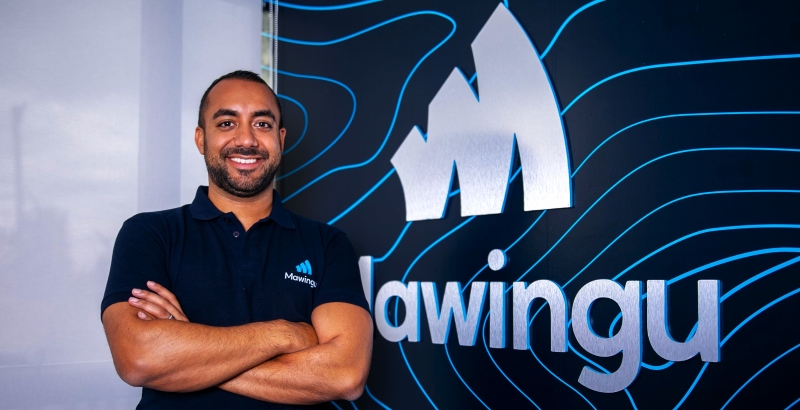Kenya’s Mawingu forks out USD 15 Million to buy Habari Internet Service Provider in Tanzania
Kenya’s Internet Service Provider, Mawingu, is taking over the operations of the Habari, the Arusha-based ISP which is also one of the oldest data service providers in Tanzania.
The Habari Internet Service Provider, previously known as Node Marie, started out in the mid 90s and since then expanded its operations across seven regions in Tanzania.
Habari has more than 25 years of experience delivering Internet and Information Communication Technology (ICT) solutions to rural households and businesses across Tanzania.
According to a statement from Mawingu, the acquisition of Habari will rapidly accelerate the firm’s vision of opening opportunities through enhanced digital connectivity across East Africa in areas that have traditionally not been given priority due to the high capital cost and logistical complexities involved in ensuring a stable, reliable, and affordable service.
Mawingu reportedly raised USD 15 million of debt and equity financing to fund the company’s expansion into East Africa.
The Africa Go Green Fund (“AGG”), managed by Cygnum Capital, will provide USD 11 million of long-term senior debt.
This is supported by an additional USD 4 million investment from InfraCo Africa, part of the Private Infrastructure Development Group (PIDG), and from Dutch Entrepreneurial Development Bank FMO.
The acquisition of Habari Node will enable the company to replicate its success in Kenya, into Tanzania and eventually East Africa.
The primary objective is to scale Mawingu’s affordable home Internet proposition to underserved communities in East Africa by acquiring and growing ISPs in the target markets.
Farouk Ramji is Mawingu’s Chief Executive Officer who describes the move to be incredibly important for the African telecommunications market.
“Mawingu has grown from a start-up to an established Kenyan telco player and now through the acquisition of Habari, the Tanzanian ISP, to expand both its footprint and impact in the East Africa region,” Ramji maintained.

He added that Mawingu and Habari share the same values, strong financial metrics, and the same dedication to connecting the rural and peri-urban market.
This acquisition, along with an additional financing bundle of USD 15 Million, will enable Mawingu to deliver its value proposition of affordable Internet connectivity to homes in Tanzania that have only connected 300,000 out of 14,000,000 homes.
And as far as Ramji is concerned, Mawingu was one-step closer to positively impacting 1,000,000 East Africans residents by 2028.
Observers point out that residents in rural parts of Kenya and Tanzania, tend to be unserved or underserved by existing broadband provision while the access costs can be prohibitively high.
To address this ‘digital gap,’ Mawingu builds, owns, and operates sustainable networks which can be deployed in challenging rural and peri-urban environments.
The Managing Director of Africa Go Green Fund, Laurène Aigrain, said they were thrilled to support an Internet Service Provider which is not only expanding connectivity to remote communities but doing so with sustainability at its core.
“This investment underscores our commitment to a climate-resilient Africa, where connectivity and sustainability go hand-in-hand to support economic growth and environmental stewardship,” added Aigrain.
Claire Jarratt, the InfraCo Africa’s Chief Investment Officer said the firm was proud to support the further expansion of Mawingu’s offering in the region.
“The Private Infrastructure Development Group is committed to unlocking the development potential of digital connectivity on the continent, and Mawingu’s growth and its commitment to affordability and climate change mitigation – is a great example of how, with the right support, an innovative business can scale with a view to attracting further private sector finance into the region’s rural Internet sector.”
Marieke Roestenberg, Manager of the Dutch entrepreneurial Development Bank (FMO)’s Ventures Program lauded Mawingu’s first step in their international expansion strategy to extend their offering of affordable Internet access to the broader East Africa region.
“Internet connectivity is a crucial and powerful enabler for social and economic development and access to digital services is still lagging on the African continent, especially in rural and peri- urban areas,” said Roestenberg.

